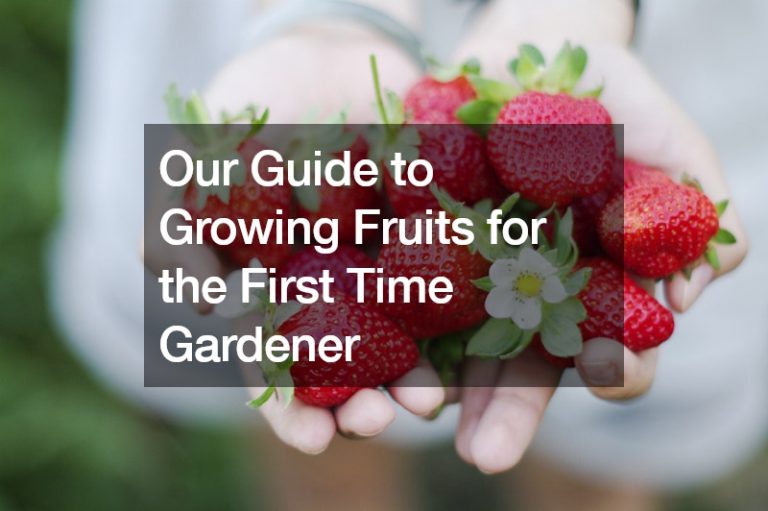Maintaining your child’s oral health is essential for their overall well-being. A healthy mouth means a healthy body, and it’s never too early to teach your child how to take care of their teeth. This guide provides mothers with information on how to keep their children’s teeth healthy from infancy through adolescence. So, let’s get started!
Start Early
You can clean your baby’s gums even before their teeth come in by using a damp cloth or gauze pad to wipe them after each feeding. This not only removes any bacteria that may cause cavities, but it also gets your baby used to the sensation of having something in their mouth other than a bottle or breast.
Don’t forget to clean your child’s tongue! You can use a tongue scraper or your toothbrush to remove bacteria that may cause bad breath. This will also help your child get used to the feeling of having something in their mouth other than food.
Use the Right Products
When your child’s teeth come in, you can begin using a pea-sized amount of fluoride toothpaste on their toothbrush. Be sure to use a toothbrush designed for children and supervise your child while brushing to ensure they are not swallowing the toothpaste.
As your child gets older, you can increase the amount of toothpaste they use. A good rule of thumb is to use enough toothpaste so that it covers the bristles of the toothbrush. While selecting toothpaste for your child, look for one that has the American Dental Association (ADA) Seal of Acceptance.
Take Your Child to the Dentist
You should take your child to the dentist when their first tooth comes in or by their first birthday, whichever comes first. This may seem like a lot of appointments, but getting your child used to the dentist’s office at an early age is important. These regular visits will allow the dentist to keep an eye on your child’s oral health and provide you with tips on how to care for their teeth at home.
While at the dentist’s office, be sure to ask about sealants. Sealants are thin coating that is applied to the back teeth to prevent cavities. They are most effective when applied to children’s teeth as they are just developing.
Practice Good Oral Hygiene
It’s important to set a good example for your child by practicing good oral hygiene yourself. Be sure to brush your teeth at least twice a day and floss once a day. You should also avoid sugary drinks and snacks as much as possible.
Leading by example is the best way to ensure that your child practices good oral hygiene. But, having regular conversations with your child about the importance of taking care of their teeth is also important. Try to make brushing and flossing fun by letting your child choose their own toothbrush and toothpaste. You can even brush your teeth together!
Whenever you can praise your child for taking good care of their teeth, this positive reinforcement will encourage them to continue these healthy habits into adulthood.
Make Sure They Get Enough Fluoride
Fluoride is a mineral that helps prevent cavities by making the tooth enamel stronger. It is found in many foods and water sources. You can also find it in some toothpaste and mouthwashes.
If your child’s teeth are developing properly, they should be getting enough fluoride. But, if you are concerned that they are not, your dentist can apply fluoride varnish to their teeth. This is a quick and easy way to ensure that your child is getting the fluoride they need.
Create a Healthy Diet
A healthy diet is important for your child’s overall health, including oral health. Be sure to encourage your child to eat a variety of fruits, vegetables, and whole grains. These foods are not only good for their teeth and gums, but they also provide the nutrients needed for their growing bodies.
You should also limit the amount of sugary and acidic foods your child eats. These foods can damage the tooth enamel and lead to cavities. If your child eats sugary or acidic foods, have them brush their teeth afterward. Not only will this help protect their teeth, but it will also get them in the habit of brushing after every meal.
By following these tips, you can help ensure that your child has a healthy mouth now and in the future. Remember, good oral hygiene habits should be started early and practiced throughout life. So, start teaching your child about the importance of taking care of their teeth today!



